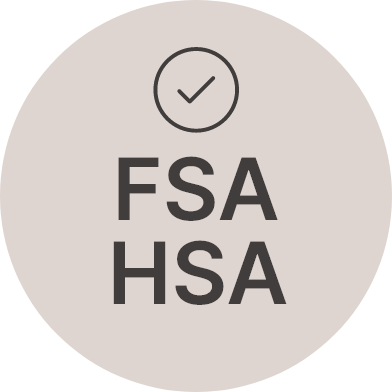Formula
Baby Formula at Walgreens
Infant formula is designed to serve as an alternative or substitute for breast milk. Formula contains many important nutrients to help babies grow and stay healthy.
In the first four to six months, formula or breast milk is all that babies require to meet their nutritional needs. There are many varieties of formula, including those made from cow’s milk and soy milk as well as hypoallergenic and lactose-free formulas. These different types of formula may come as powders, concentrated liquids, or ready-to-use liquids.
There are also formulas made for toddlers, which should not be consumed by infants as they contain different nutrients. Different types of baby food and formula are available for purchase online or in stores at Walgreens.
How much formula should you feed an infant?
The amount of formula your baby needs depends on their age and other factors. For newborn babies, it is recommended to offer one to two ounces of formula every two to three hours if they’re not consuming any breast milk. It’s typical for newborn babies consuming formula to feed eight to 12 times in a period of 24 hours. If they are showing signs of hunger, it is OK to give your baby more.
As the baby gets older, time between consuming formula will get longer, and the length of time they feed will vary. Once a baby is six to 12 months old, they can usually start to consume some solid foods. By 12 to 24 months, it’s common to transition from formula to plain milk beverages.
Always speak with your baby’s healthcare provider when choosing a formula, and ask how much formula you should feed your infant.
How long is formula good for?
Formula can be used until the “use-by” date listed on the container. After this date, there is no guarantee that the formula still contains all the nutrient amounts listed by the manufacturer. When choosing a formula, always check the date on the container to make sure it is not expired. Do not buy or use formula past its expiration date.
You should also check that the container is sealed, and that it’s not labeled for use by toddlers. Toddler formula is different from baby formula and does not contain all the nutrients your infant needs. Toddler formula is not required for normal toddler growth and development. Your healthcare provider can help answer questions you have about this kind of formula.
How to store formula
Once you prepare baby formula according to the instructions on the container, it can go bad if it’s left at room temperature for too long. Prepared baby formula should be used within two hours of mixing, and within one hour of when feeding starts. If the prepared formula is not going to be used within two hours, be sure to store it in the fridge immediately, and use it within 24 hours. Discard any formula left in the bottle after your baby feeds, as leaving it in the bottle can lead to bacterial growth.
Unopened formula should be stored in a cool, dry place. Depending on the formula, it may need to be consumed within one month of opening the container. Check the container for instructions on when the formula should be used or discarded.
How to choose baby formula
There are many options to choose from when it comes to baby formula. Most babies do well consuming formula made from cow’s milk, and this is the recommended type of formula for babies unless they have other needs.
- Soy-based formulas are an option for parents who may not want their child to consume animal protein, or for babies with a rare condition called galactosemia, which prevents them from metabolizing the simple sugar galactose.
- Hypoallergenic formulas can be used for babies with allergies to milk protein.
- Lactose-free formulas can be used for babies who cannot digest lactose or who have galactosemia.
There are other special formulas for babies with specific health problems, but your baby’s healthcare provider will let you know if this is something your baby needs.
Powdered formulas need to be mixed with water, but are the least costly option. Other options include concentrated liquid that must be mixed with water, and read-to-use liquids that do not require water but are the most expensive option. Because the FDA requires all baby formula in the U.S. to meet certain nutritional requirements, both generic and name-brand formulas will contain all the nutrients your baby needs. Your baby’s healthcare provider can help you make the right decision according to your baby’s specific needs.















